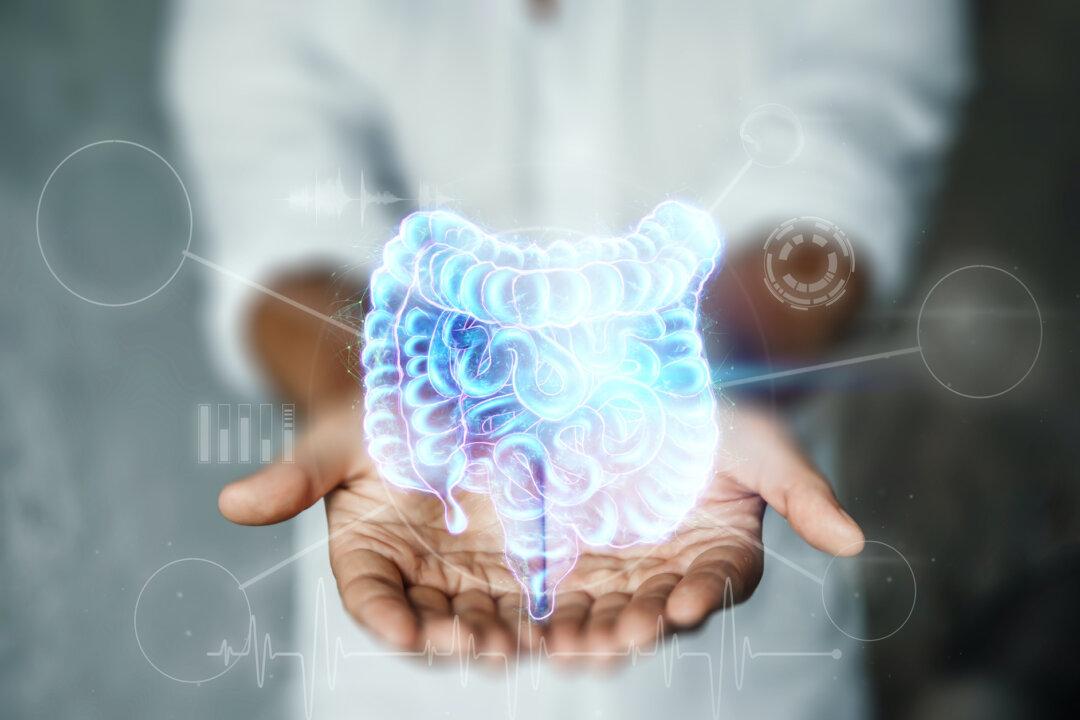D.D. was a 49-year-old normally very pleasant woman who came to see me after four days of increasing pelvic, lower abdominal pain. She went to a local urgent care center where they told her she must have an ovarian cyst. Her ultrasound, however, was negative. It wasn’t rocket science to figure out what the problem was.
Poor D.D. hadn’t had a regular bowel movement in five days. She did have a few small, hard movements, which is what threw off the urgent care doctor. I repeated the ultrasound and was able to show her just how much stool she had in her system that was aching (literally) to come out.






